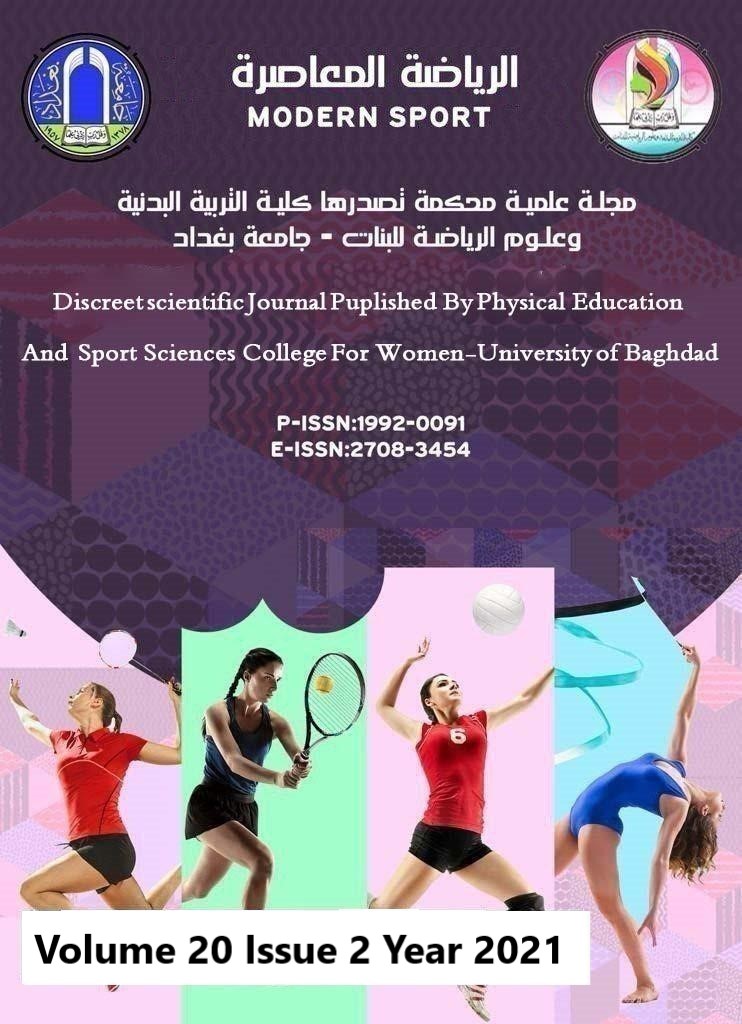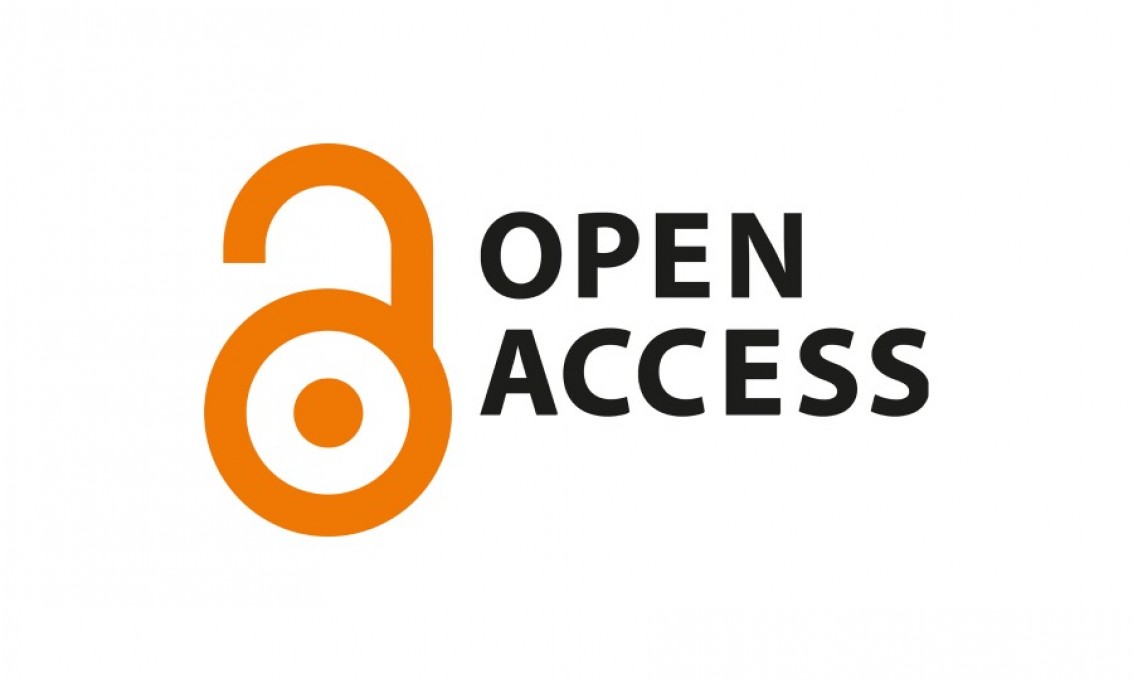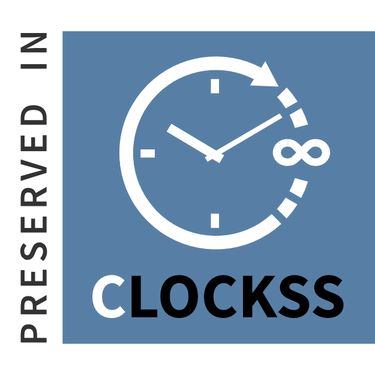The percentage of psychological flow’s contribution to some rhythmic gymnastics skills and the effectiveness of throwing weight into the square and the field
DOI:
https://doi.org/10.54702/msj.2021.20.2.0073Keywords:
psychological flow, rhythmic gymnastics skills, weight throwingAbstract
This study aimed to identify the degree of psychological flow among students of the College of Physical Education and Sports Sciences for women and to know the relationship between psychological flow and some rhythmic gymnastics skills and the effectiveness of throwing the weight of the research sample, as well as to identify the percentage of psychological flow contribution to the performance of some rhythmic gymnastics skills and the effectiveness of throwing weight in The research sample: The descriptive method was used in the survey method and the correlational relations for its suitability to the research problem as it reached a community Research (104) female students, as a sample consisting of (15) was selected to conduct the pilot experiment and a sample of (80) female students was selected to conduct the main experiment. The results were presented and analyzed, and the most important conclusions were reached: the percentage of psychological flow’s contribution to the performance of some rhythmic gymnastics skills and the performance of weight-bearing skill It was good, which confirms its effectiveness in performance
References
Ahmed Sulaiman Udah. (1988). Measurement and evaluation in the teaching process. 2nd edition, Dar Al-amal, Irbid.
- Inas Mahmoud GHareeb. (2015). Psychological flow and its relationship to tolerance of ambiguity and risks among Qasseem University female students. Education journal, Al-azhar University, no.3.
- Joulman Danial. (2000). Emotional intelligence, translated by Layali Al-jibaly, revision by Mohammed Younis. Kuwait, Epistemology series, no. 262.
- Said Ahmed Al-bahhas. (2017). Psychological flow and social anxiety among a sample of adolescent Internet users. 15th annual conference, Psychological Counseling Center, Ain Shams University, Vol. 18.
- Siddiq Mohammed Al-said. (2009). Flow and its relationship to some psychological factors among university students. Vol. 19, issue 2.
- Abdul-aziz Haider & Shatub Al-Mosawy. (2016). Psychological flow according to positive thinking among university students. Journal of the College of Human Sciences, University of Kufa, issue 18.
- Mirvat Ibraheem Khudhair. (2016). Perceived general self-efficacy and its relationship to psychological flow and crisis management among school principals. Education journal, Al-azhar Uuniversity, volume 169, issue 3.
- Dalia Mohammed Mumin. (2004). The relationship between happiness and both irrational thoughts and pleasant and stressful life events. 11th annual conference, Psychological Counseling Center, Ain Shams University. P:430
- Ashtea et al. (2015). Family support and psychological flow among a sample of eighth grade students who use smart devices. Scientific conference on the impact of smart devices on children’s intelligence: P:4
- csikszent mihaly. (2012). optimal experience, psychological studies of flow in consciousness, New York, Cambridge university press
- csikszent mihaly. (2014). flow and the foundations of positive psychology
















